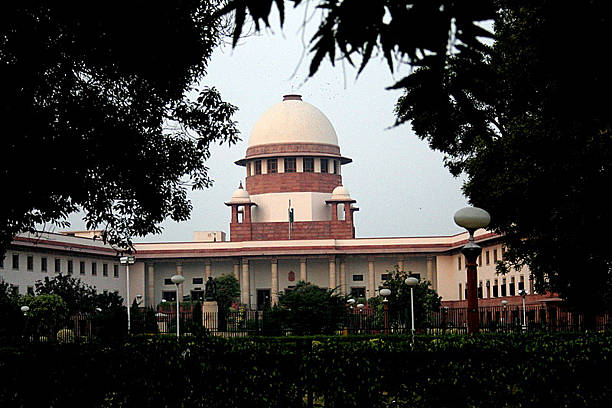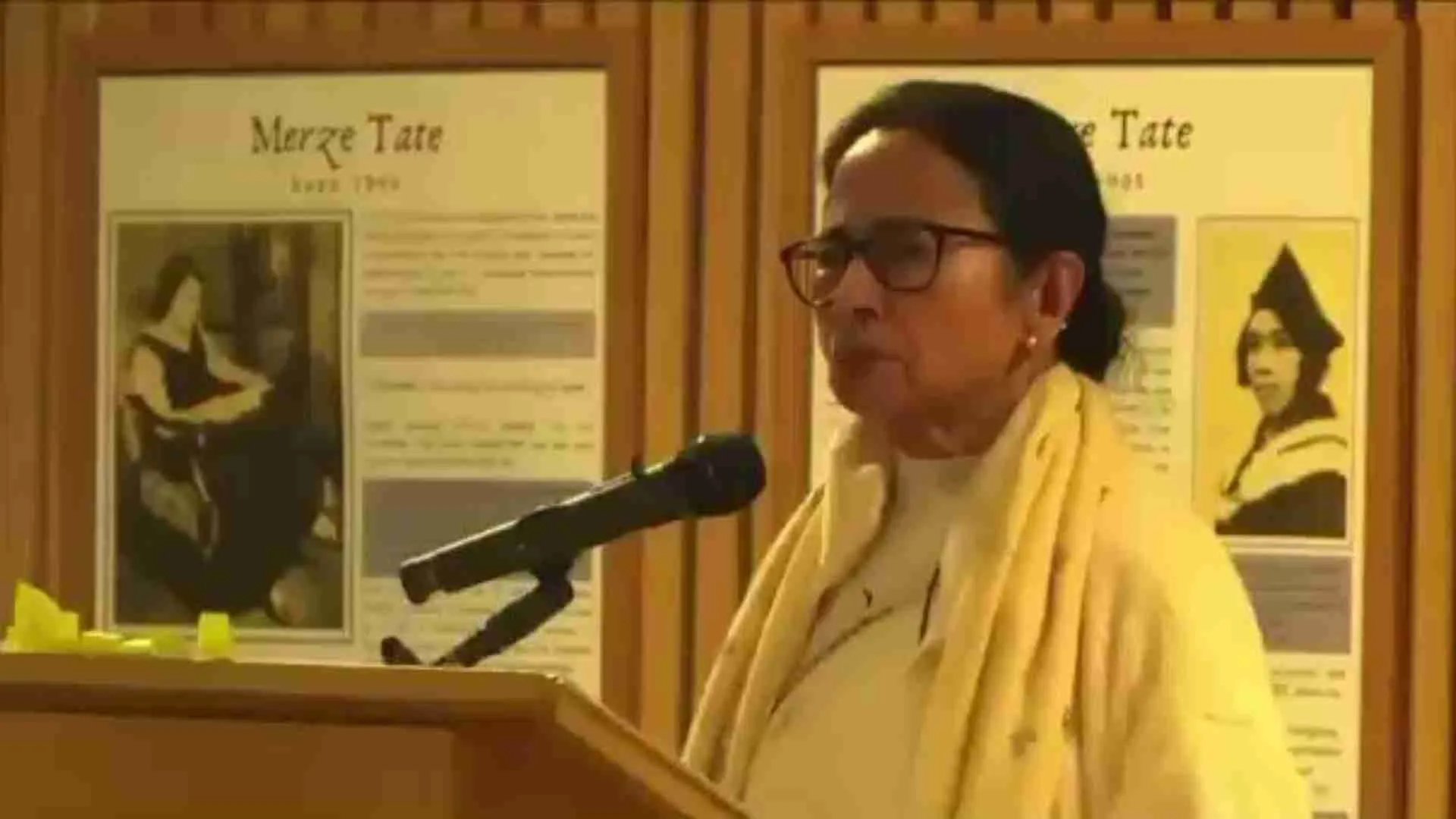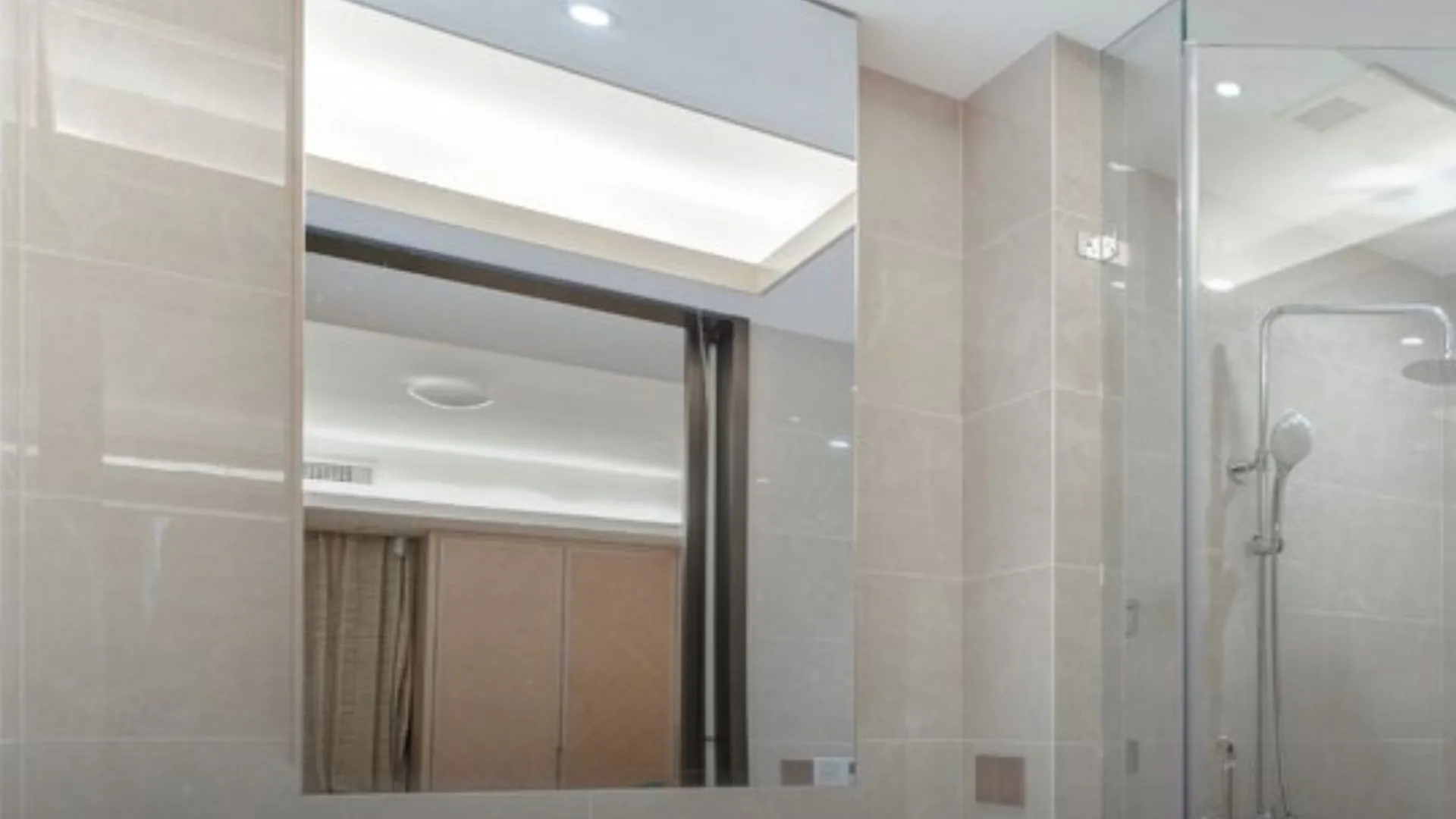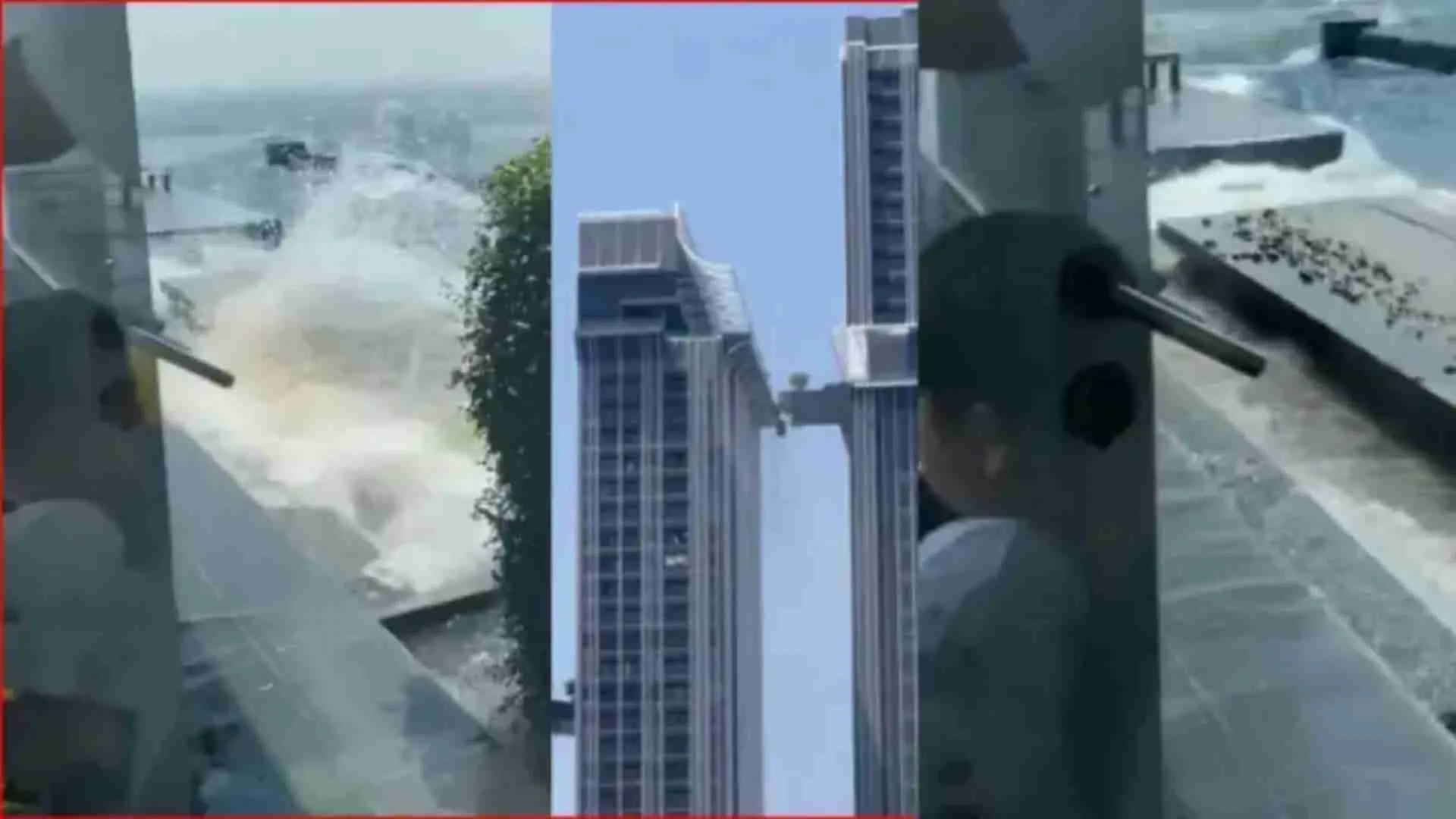The Supreme Court in the case Amarjeet Singh v. Union of India observed and has dismissed a petition seeking guidelines to prevent misuse of maintenance laws by means of conflicting orders and overlapping jurisdictions.
The bench comprising of Chief Justice UU Lalit and Justice Hemant Gupta observed and has remarked that the issue raised in the petition had already been dealt with by the Supreme Court.
It was observed that as per the petition, the amount for maintenance could be granted under various provisions of law including Section 125 of CrPC, Domestic Violence Act, Hindu Marriage Act etc. The same resulted in multi-pronged situation causing severe inconvenience to parties that were required to pay maintenance. Thus, the writ petition sought for all forms of maintenance to be granted under the same umbrella.
It was stated by CJI that there had been a judgement by Justice Indu Malhotra in the case Rajnesh v Neha, wherein providing that if a woman has been granted maintenance under a specific provision of law and she would not be granted additional maintenance by any other forum.
Therefore, the petitioner continued arguing saying that many persons approached different forums seeking for maintenance despite there existing a single ground. It was submitted by him an exa,ple of a case, two different proceedings in two different courts had been going on, based on the same ground-
It was stated by him if there is a case in two places on the same ground and two different judges pass two different orders, then it is being hundred percent sure that one of the two judges must have given a wrong decision, which is against justice and if both the judges pass the same order, then what is the point of wasting the time on the same issue, of two different judges?.
However, CJI Lalit reiterated that the issue had already been dealt with in the case of Rajnesh v. Neha, wherein it provides guidelines to overcome the issue of overlapping jurisdiction, and avoid conflicting orders being passed in different proceedings and thus ensuring uniformity in the practice followed by the District Courts/Family Courts/ Magistrate Courts.
The guidelines issued read as follows–
a) Where successive claims for maintenance under different statutes are made by a party, the court would be considering an adjustment or set- off, of the amount awarded in the previous proceeding/s, while determining that whether any further amount is to be awarded in the subsequent proceeding.
b) For the applicant it may be made mandatory to disclose the previous proceeding and the orders passed therein, in the subsequent proceeding;
c) In the previous proceeding/s, if the order passed requires any modification or variation, it would be required to be done in the same proceeding.
Accordingly, the petition was dismissed by CJI Lalit while stating that “every facet had already been considered”.

















